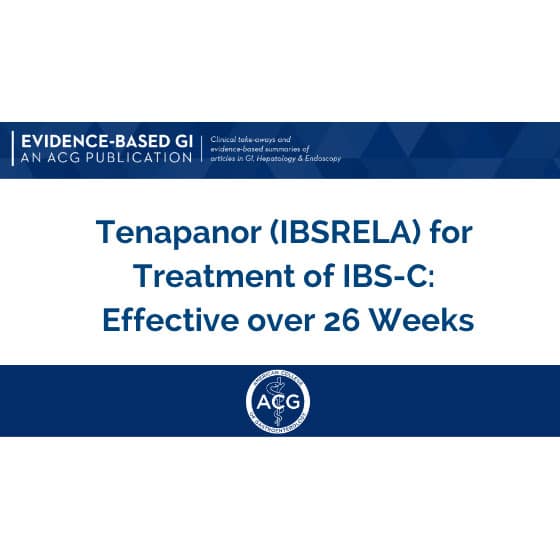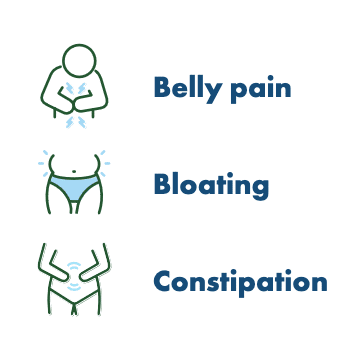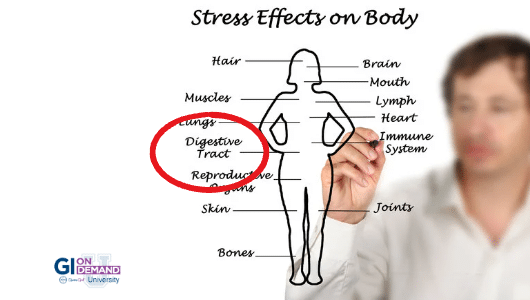Home-based Mindfulness Treatment Regimen May Give IBS Patients Significant Relief
 People living with irritable bowel syndrome (IBS) may find significant relief from a treatment regimen that utilizes mindfulness as of way of controlling symptoms and requires minimal clinician contact, according to University of Buffalo researchers in collaboration with colleagues at New York University and Northwestern University.
People living with irritable bowel syndrome (IBS) may find significant relief from a treatment regimen that utilizes mindfulness as of way of controlling symptoms and requires minimal clinician contact, according to University of Buffalo researchers in collaboration with colleagues at New York University and Northwestern University.
This is the largest federally funded, non-drug clinical trial for IBS, according to the University of Buffalo. The study suggested that patients with the most severe and persistent symptoms achieved “robust and sustained relief” by learning to control symptoms with minimal clinician contact.
Of 436 patients recruited at UB and Northwestern, 61% reported symptom improvement two weeks after home-based behavioral treatment ended compared to 55% in clinic-based treatment and 43% who received patient education. The treatment benefit also persisted for as long as six months after treatment ended.
“This is a novel, game-changing treatment approach for a public health problem that has real personal and economic costs, and for which there are few medical treatments for the full range of symptoms,” says Jeffrey Lackner, lead author, professor in the Department of Medicine in the Jacobs School of Medicine and Biomedical Sciences at UB and director of its Behavioral Medicine Clinic. He is affiliated with UB’s Clinical and Translational Science Institute.
The treatment consists of a form of cognitive behavioral therapy (CBT) that teaches practical skills for controlling gastrointestinal symptoms, either during 10 clinic visits, or four clinic sessions in conjunction with self-study materials developed by Dr. Lackner with a previous NIH grant. Both CBT treatments focused on information on brain-gut interactions, self-monitoring of symptoms, triggers and consequences, worry control, muscle relaxation and flexible problem-solving.
“The treatment is based on cutting-edge research that shows that brain-gut connection is a two-way street,” Dr. Lackner explains. “Our research shows that patients can learn ways to recalibrate these brain-gut interactions in a way that brings them significant symptom improvement that has eluded them through medical treatments.”
“The research is a product of 20 years of funding from the National Institute of Diabetes, Digestive and Kidney Diseases of the National Institutes of Health, and one of the largest behavioral medicine trials not including a drug arm. It reflects a longtime partnership between researchers at UB and NYU, who pooled their respective expertise and talents to develop and test a novel treatment strategy,” according to the University of Buffalo.
The study, “Improvement in Gastrointestinal Symptoms After Cognitive Behavior Therapy for Refractory Irritable Bowel Syndrome,” was published online prior to publication in Gastroenterology. doi.org/10.1053/j.gastro.2018.03.063
Related Resources
Related Media Coverage
Listen to our
latest Podcast!






